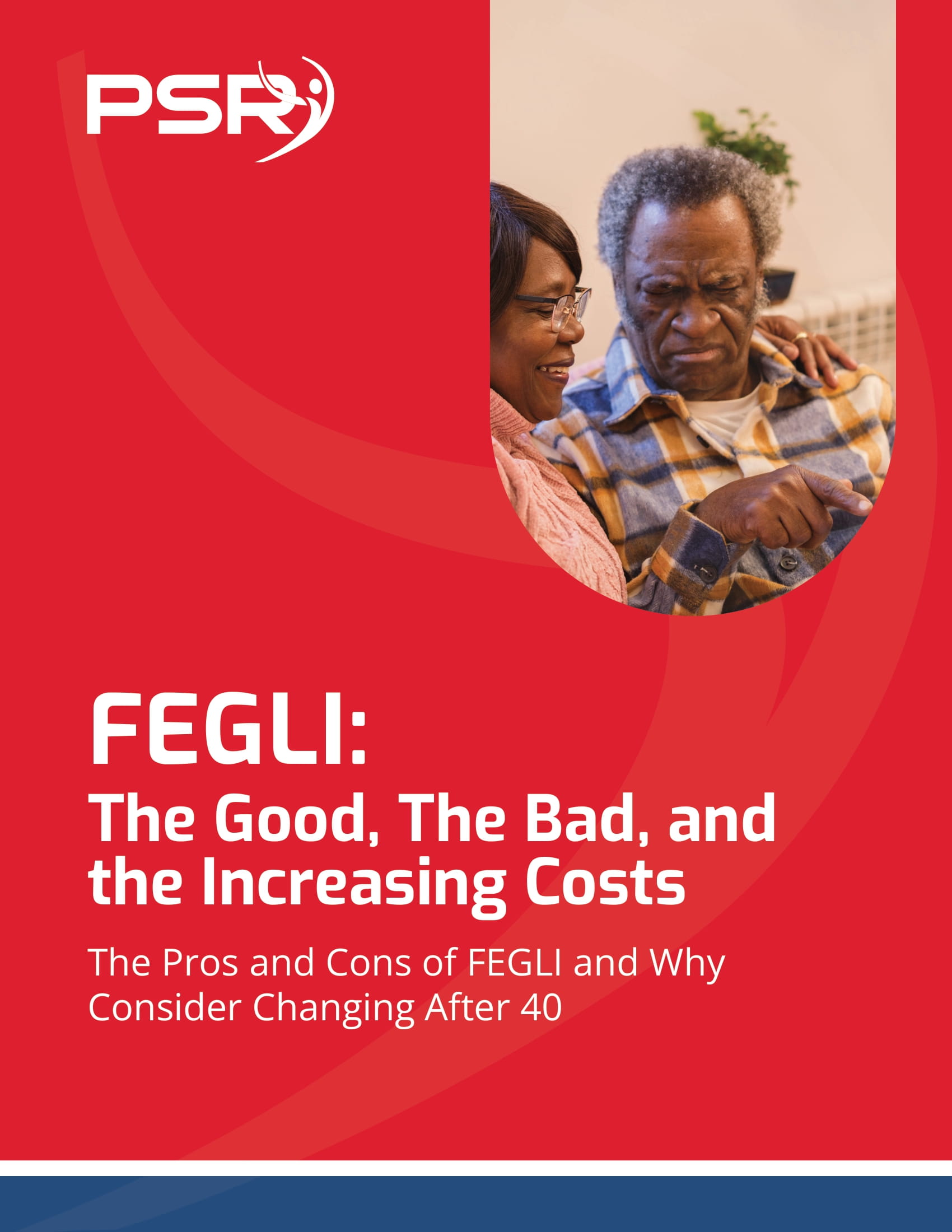Key Takeaways:
- Federal employees considering early retirement should understand the eligibility criteria and potential financial implications before making a decision.
- Understanding the impact on your federal benefits, like health insurance and pensions, is essential when planning for early retirement.
Are you thinking about early retirement? If you’re a federal employee, there are some key things you need to know before making this life-changing decision. While it might seem appealing to leave the workforce early and enjoy more free time, early retirement for federal employees
- Also Read: Divorce and Your Federal Pension—What Happens When You Split Assets and How It Could Affect Your TSP
- Also Read: What Happens to Your Federal Benefits After Divorce? Here’s the Lowdown
- Also Read: The Best FEHB Plans for 2025: Which One Fits Your Lifestyle and Budget the Best?
What are the Eligibility Criteria for Federal Early Retirement?
First things first—are you even eligible for early retirement? Federal employees have specific rules that differ from private sector retirement plans, and the eligibility requirements depend on the retirement system you’re enrolled in.
If you’re under the Civil Service Retirement System (CSRS), the requirements are different from those under the Federal Employees Retirement System (FERS). For example:
-
CSRS Employees: You generally need to have at least 30 years of service and be 55 years old to retire early. There’s also an option to retire with 20 years of service if you’re at least 60 years old.
-
FERS Employees: You can retire early with 30 years of service at age 55 or with 20 years of service at age 60. But for those who don’t meet these requirements, the MRA+10 rule comes into play. This rule allows you to retire at your Minimum Retirement Age (MRA) with at least 10 years of service, but there’s a catch—your pension will be significantly reduced by 5% for each year you are under 62.
It’s crucial to know where you stand in terms of eligibility. Even if you meet the requirements for early retirement, it’s worth considering how this decision will affect your long-term financial stability.
How Does Early Retirement Affect My Pension?
When you retire early, your pension is calculated based on your years of service and your high-3 average salary. The high-3 is the average of your highest earnings during any three consecutive years of federal service. Here’s the kicker: retiring early can significantly reduce your pension, especially under FERS.
For example, if you retire at your MRA with less than 20 years of service, your annuity is reduced, and you won’t qualify for the full pension until you reach age 62. Under the CSRS, you might fare better, but the system still takes into account the years of service and the high-3 salary in calculating your retirement income.
What Happens to My Health Insurance?
This is a big one—your health insurance. If you retire early, you don’t want to be left without coverage, right? Under the Federal Employees Health Benefits (FEHB) program, retirees can continue their health insurance into retirement, but there are a few conditions to keep in mind.
You need to have been enrolled in the FEHB program for at least five years before retirement to carry it into retirement. If you meet this requirement, the good news is that the government will continue to pay a portion of your premiums, just as they did when you were working. However, if you don’t meet the five-year rule, you’ll need to look for other insurance options, which can be costly, especially if you’re retiring before becoming eligible for Medicare at age 65.
What About My Life Insurance?
Life insurance through the Federal Employees’ Group Life Insurance (FEGLI) program can also continue after retirement, but the costs might increase as you age. Just like with your health insurance, you must have been enrolled for at least five years before retiring to keep your life insurance coverage. Keep in mind that premiums can go up sharply once you reach retirement, so it’s important to budget for this if life insurance is a crucial part of your retirement plan.
Can I Work After Retiring?
Many federal employees who retire early choose to work in the private sector or start a second career. While this can provide additional income and keep you active, there are some things to watch out for. If you receive your pension under FERS and take on another federal job, your pension might be reduced, or you could be subject to reemployment rules. It’s important to check these regulations before starting any new employment.
Additionally, keep in mind that earning too much income while receiving Social Security benefits before full retirement age could lead to a reduction in those benefits.
When Should I Apply for Social Security?
Speaking of Social Security, early retirees often face the question: when should I start drawing my benefits? The earliest you can apply for Social Security is age 62, but applying early means you’ll receive a reduced benefit for the rest of your life. On the other hand, if you wait until full retirement age—currently between 66 and 67 depending on your birth year—you’ll receive 100% of your benefits.
Deciding when to start Social Security should depend on your overall financial situation, your health, and your income needs. If your federal pension and savings can support you, delaying Social Security might be a good idea. However, if you need the additional income, starting at 62 could still make sense despite the reduced benefits.
What Should I Know About Thrift Savings Plan Withdrawals?
Your Thrift Savings Plan (TSP) is another crucial part of your federal retirement. After retiring, you can start withdrawing funds from your TSP, but there are penalties for early withdrawals. If you retire before age 59 ½, you could face a 10% early withdrawal penalty on any distributions from your TSP. However, there’s an exception if you retire at or after age 55, in which case you can withdraw penalty-free.
It’s essential to plan how and when you’ll withdraw from your TSP to avoid unnecessary penalties and ensure your savings last throughout retirement.
Should I Retire Early?
The question of whether to retire early is personal and depends on your unique situation. Factors such as your financial health, career satisfaction, and long-term goals will influence your decision. While early retirement offers the appeal of more free time and less work stress, it comes with challenges, especially when it comes to maintaining your income and benefits.
Planning for a Smooth Transition
If early retirement seems like the right path, make sure you plan for it carefully. Create a retirement budget, assess your savings, and consider all your sources of income, including your pension, Social Security, and TSP withdrawals. Don’t forget to factor in healthcare costs, life insurance, and any other financial obligations you may have. Consulting with a financial advisor who understands the federal retirement system can also be incredibly helpful in mapping out your future.
Planning Early for Success
Early retirement as a federal employee comes with a lot of moving pieces, from pensions and health insurance to TSP withdrawals and Social Security. By understanding the rules, knowing your options, and preparing in advance, you can make the most of your retirement years without unnecessary stress.













